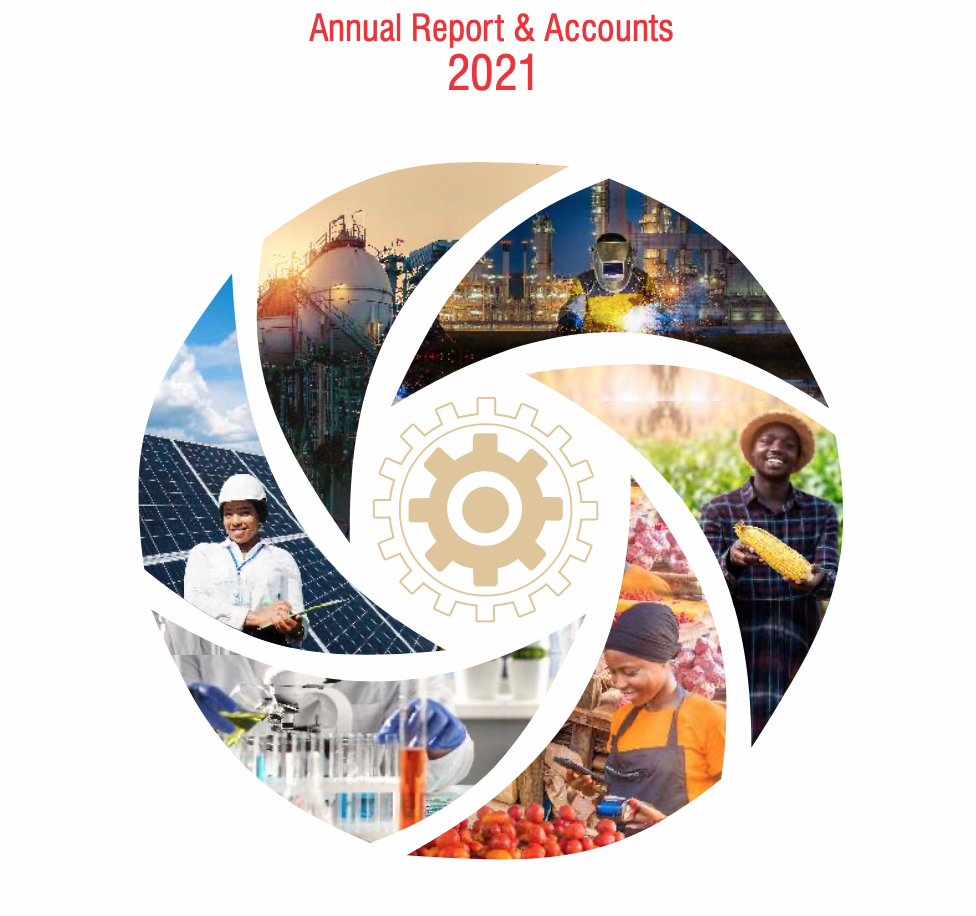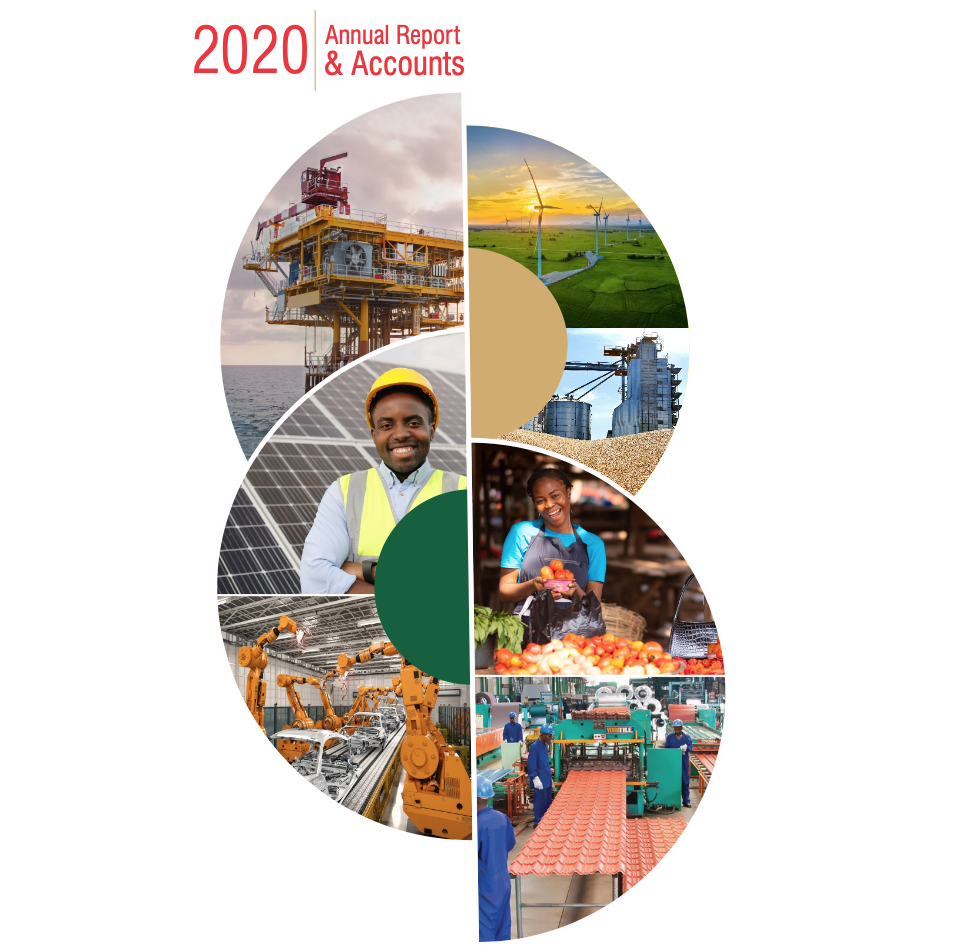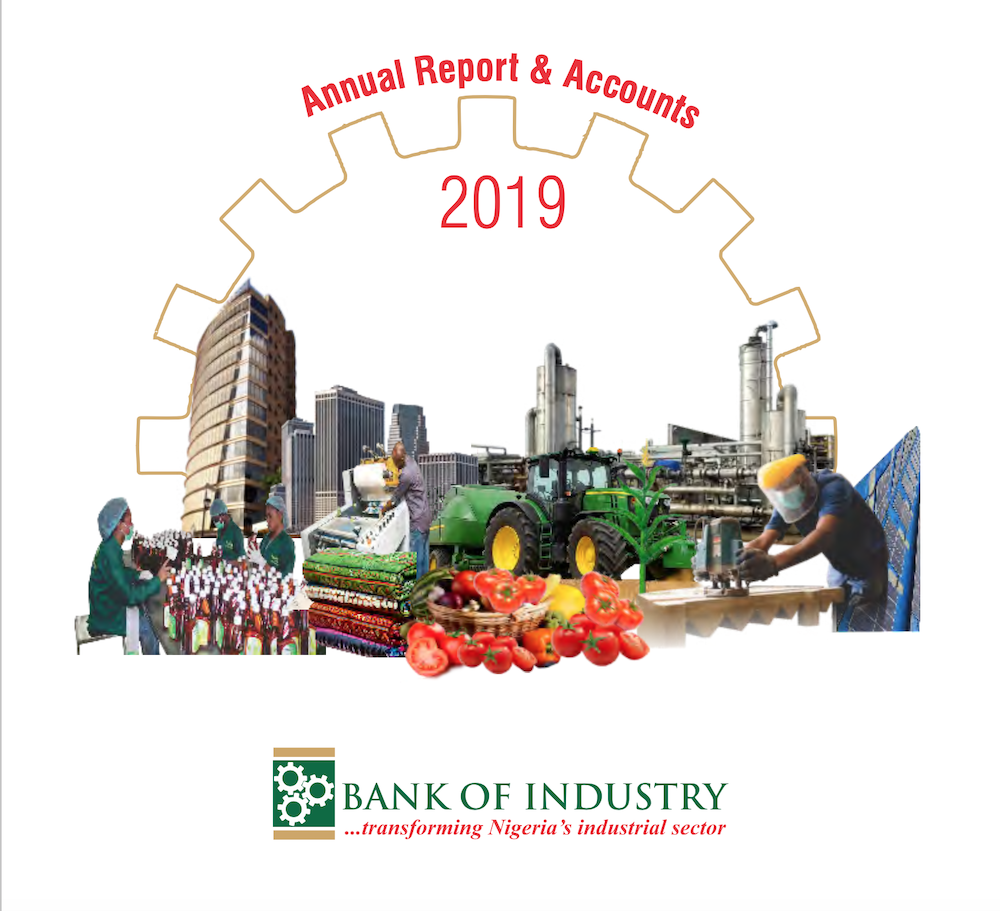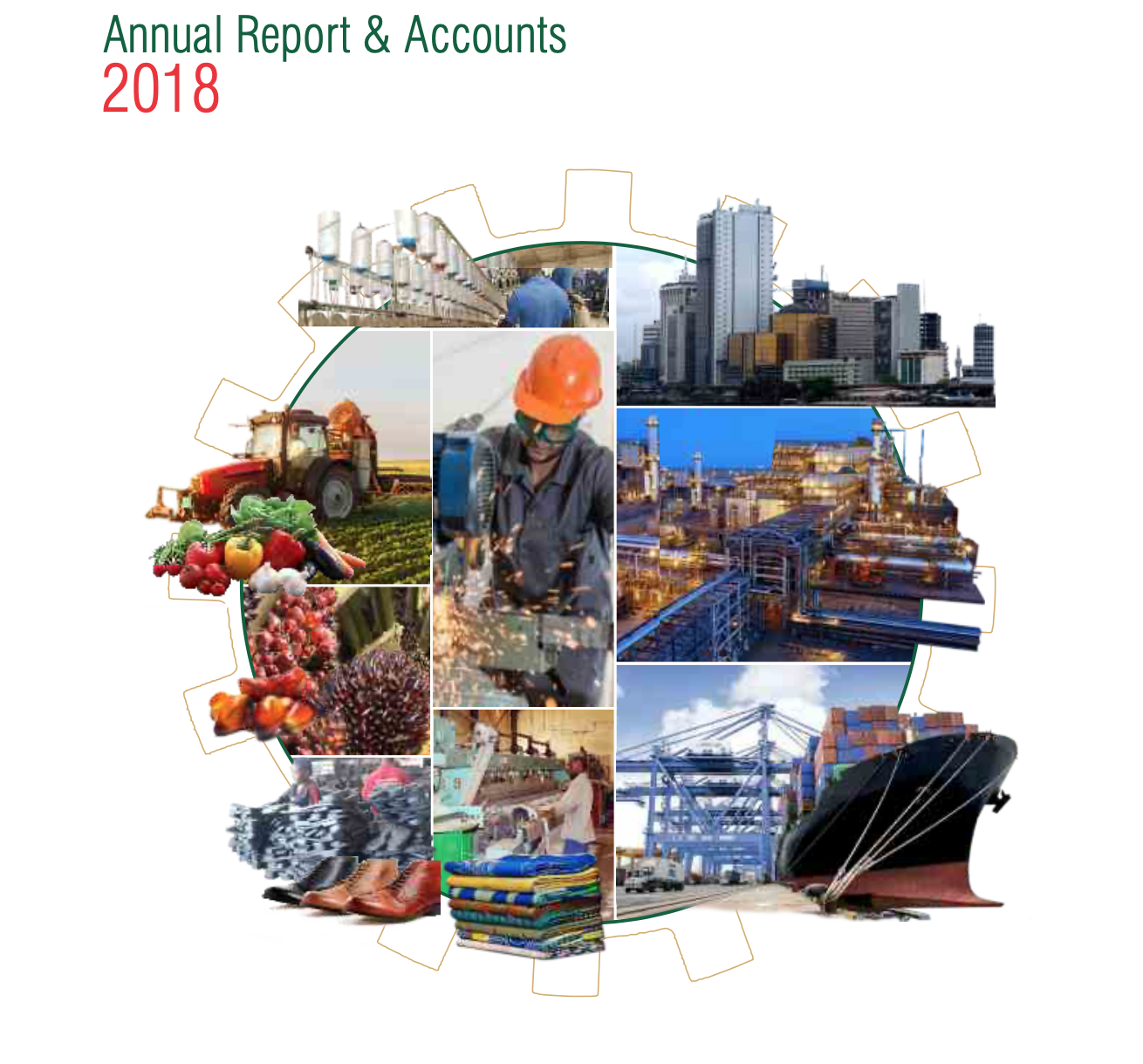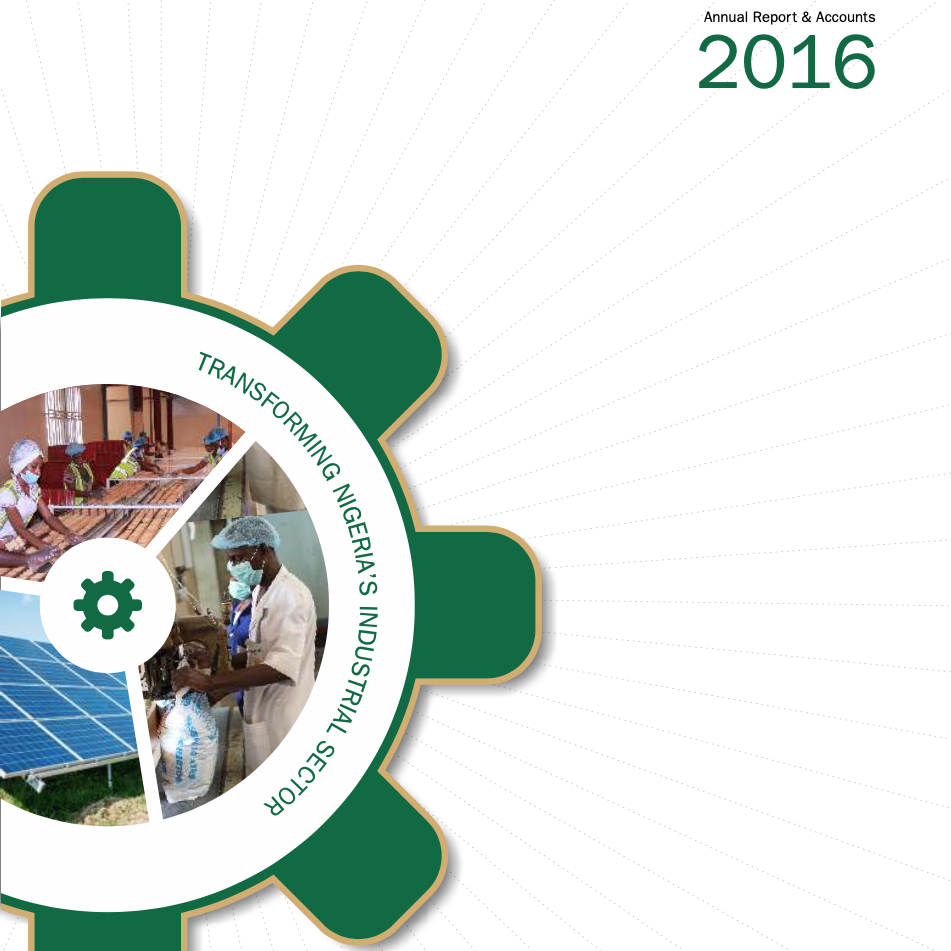… Vice President Osinbajo, Minister Adebayo and other industry leaders to open this year’s virtual SME academy to train hundreds of local SMEs
Lagos, Nigeria. January 2021: In a bid to enhance the capabilities of small and medium enterprises (SMEs) in Nigeria, leading consumer goods company, P&G, has partnered with the Federal Ministry of Industry, Trade and Investment, and the Bank of Industry (BoI) to launch the 2021 P&G – BoI SME Academy.
This year’s SME Academy – which aims to upskill hundreds of SMEs in Nigeria – will feature a webinar on Friday, February 12, and an eight-module business training on February 12 and 19, 2021.
The Vice President of the Federal Republic of Nigeria, His Excellency, Professor Yemi Osinbajo, GCON, will deliver the keynote address at the program. The SME Academy webinar will also feature senior government and private sector officials including Otunba Adeniyi Adebayo – Honorable Minister of Industry, Trade, & Investment, Mr. Omar Channawi – P&G Senior Vice President for Asia, Middle East & Africa, Mr. Olukayode Pitan – MD/CEO of the Bank of Industry, Mrs. Bola Adesola – Senior Vice Chairman for Africa at Standard Chartered Bank, Ms. Yewande Sadiku, the CEO of the Nigerian Investment Promotion Commission (NIPC), Mr. Muhammad M. Nami, the Chairman of the Federal Inland Revenue Service (FIRS), and Mrs. Tara Fela-Durotoye, the CEO of House of Tara amongst others.
As a force for growth and a force for good for over 28 years in Nigeria, Procter & Gamble has invested significantly in SME development, job creation and trusted, quality leadership brands for Nigerians. Similarly, the Bank of Industry has supported the growth and expansion of thousands of SMEs in Nigeria. Through the SME Academy, both organizations will jointly train hundreds of local SMEs annually on basic business skills to improve their standards, ensure longevity and facilitate their integration into global value chains.
Speaking on the partnership, P&G Managing Director for Nigeria, Mr. Adil Farhat said, “P&G is delighted to collaborate with the Federal Ministry of Industry, Trade & Investment and the Bank of Industry to develop the capacity of SMEs and aid their integration into the global value chain. We are honored to support the government’s plan to create more jobs through SMEs and ensure that small scale businesses have the right skillset to grow, sustain their operations and contribute to the growth of Nigeria’s economy.”
Also commenting on the academy, the Minister for Industry, Trade and Investment, Otunba Adeniyi Adebayo said, “In line with the National Economic Sustainability Plan (NESP) of the government, it is important that skill acquisition forms the basis of SMEs operation as they contribute immensely to the economy of the country. As a result, we will support their growth by upskilling and creating an enabling environment which allows them to thrive. The partnership with P&G is timely and we are glad that this public private partnership will support the government’s plan to train SMEs and create more jobs.”
Remarking on the initiative, Mr. Olukayode Pitan, the MD/CEO of the Bank of Industry said, “BoI is committed to impacting SMEs in Nigeria and we believe that this collaboration will drive growth in the nation’s economy. The SME Academy is focused on finding a sustainable solution to unlocking the efficient performance of these enterprises through advisory and skill development.”
As part of the two-day SME Academy and webinar, Procter & Gamble and the Bank of Industry will facilitate the delivery of structured virtual business classes for SME representatives. Some of the classes include tax compliance, access to international markets, procurement principles, business ethics, and corporate governance.
To Register, Visit http://bit.ly/2021PGBoISMEAcademy
-End-
About Procter & Gamble
P&G serves consumers around the world with one of the strongest portfolios of trusted, quality, leadership brands, including Always®, Ambi Pur®, Ariel®, Bounty®, Charmin®, Crest®, Dawn®, Downy®, Fairy®, Febreze®, Gain®, Gillette®, Head & Shoulders®, Lenor®, Olay®, Oral-B®, Pampers®, Pantene®, SK-II®, Tide®, Vicks®, and Whisper®. The P&G community includes operations in approximately 70 countries worldwide. Please visit http://www.pg.com for the latest news and information about P&G and its brands.
About the Bank of Industry
The Bank of Industry Limited (BOI) is Nigeria’s oldest, largest and most successful development financing institution. It was reconstructed in 2001 out of the Nigerian Industrial Development Bank (NIDB) Limited, which was incorporated in 1964. The bank took off in 1964 with an authorized share capital of 2 million (GBP).
The International Finance Corporation which produced its pioneer Chief Executive held 75% of its equity along with a number of domestic and foreign private investors. Although the bank’s authorized share capital was initially set at N50 billion in the wake of NIDB’s reconstruction into BOI in 2001, it has been increased to 250 billion in order to put the bank in a better position to address the nation’s rising economic profile in line with its mandate.
Following a successful institutional, operational and financial restructuring programme embarked upon in 2002, the bank has transformed into an efficient, focused and profitable institution that is well placed to effectively carry out its primary mandate of providing long term financing to the industrial sector of the Nigerian economy.




